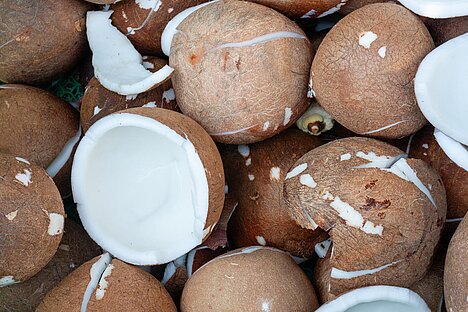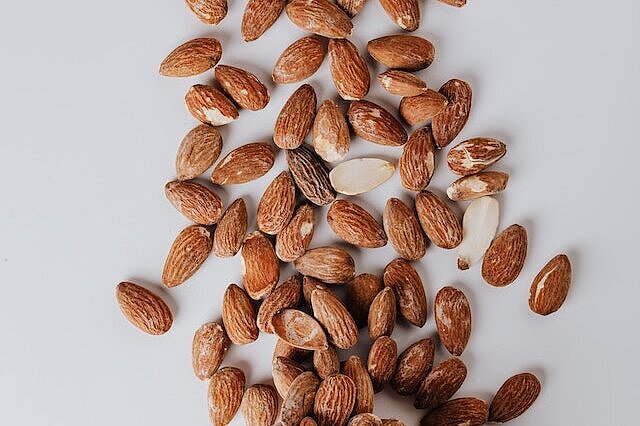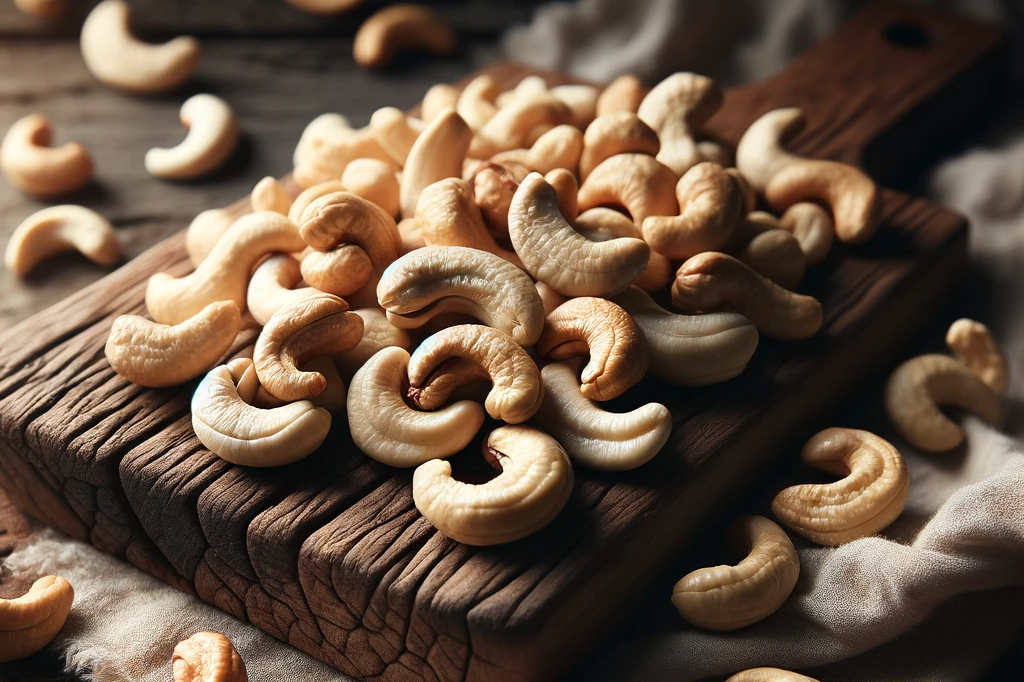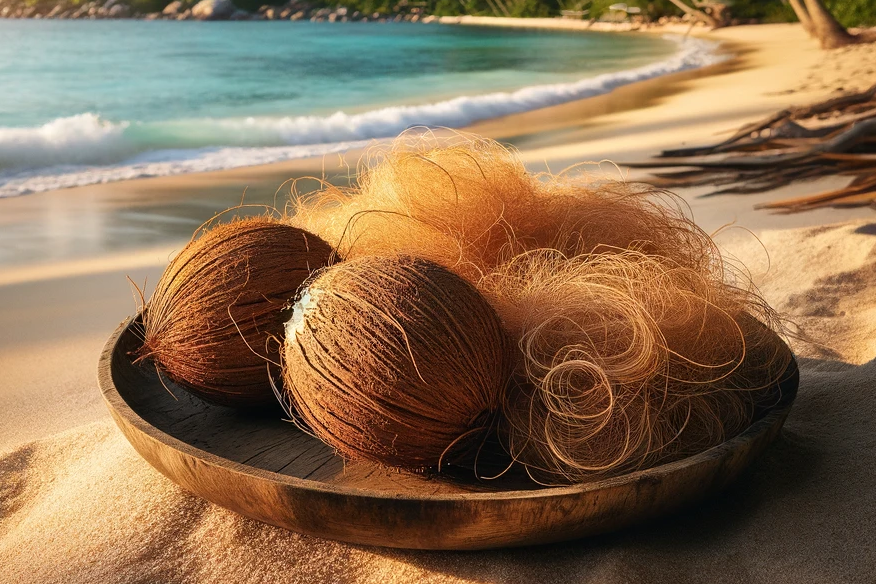Grated coconut

What are the properties of shredded coconut?
Shredded coconut contains many healthy fats, especially lauric acid. This has an antibacterial, antiviral and antifungal effect and can strengthen the immune system. In addition, shredded coconut provides fiber, which can aid digestion. Grated coconut has a sweet taste and a pleasant smell that attracts many dogs.
What are the benefits of shredded coconut for dogs?
Grated coconut can have various positive effects on your dog's health and well-being. Here are some examples:
- Grated coconut can help repel parasites such as fleas, ticks or worms. You can regularly mix some grated coconut into your dog's food or give it as a treat.
- Grated coconut can nourish your dog's skin and coat. The fats it contains can soothe dry or irritated skin and make it shinier. You can also massage some coconut oil onto your dog's skin or make him a coconut mask.
- Grated coconut can clean your dog's teeth. The fibers can remove plaque and massage the gums. You can give your dog a piece of coconut to chew on or make him a toothpaste from coconut oil and baking soda.
What are the disadvantages of shredded coconut for dogs?
Grated coconut is not suitable for every dog. There are a few things you should consider before giving your dog coconut flakes:
- Shredded coconut is very high in calories. A 30 gram portion has around 200 calories. This can quickly lead to obesity if you give your dog too much. So be careful to dose the amount and reduce the calories from other food sources.
- Grated coconut can cause allergies or intolerances. Some dogs are sensitive to coconut products and show symptoms such as diarrhea, vomiting or itching. When you give your dog coconut flakes for the first time, start with a small amount and observe his reaction.
- Grated coconut can interact with medications. The lauric acid in shredded coconut can interfere with the effects of certain medications, such as those for epilepsy or thyroid problems. If your dog is taking such medication, ask your vet for advice.
Grated coconut can be a tasty and healthy addition to your dog's food. They have many positive properties that can support your dog's immune system, skin, coat and teeth. However, you should also be aware of the possible disadvantages and only give your dog moderate amounts. You should also always pay attention to the quality of the grated coconut and only buy organic products without additives.
If you notice any signs of hypersensitivity or poisoning in your dog, you should see your vet immediately. We are not a substitute for a vet, but we try to be as accurate as possible. Every dog reacts differently and we recommend you get a second opinion or consult your vet if in doubt.
Stay healthy and take good care of your four-legged friend!😊
Similar to Grated coconut
Almonds are the seeds of the almond tree, which belongs to the rose family. They grow in a hard shell that must be removed before consumption. There are two types of almonds: sweet almonds and...
The cashew nut is the stone fruit of the cashew tree, which originally comes from Brazil. The kidney-shaped nut grows on a fleshy fruit stalk, which is known as the cashew apple. The nut itself is...
Hazelnuts are the seeds of the hazelnut, a plant from the birch family. The hazelnut grows as a shrub or small tree and bears round or oval nuts with a hard shell and a sweet kernel in the fall....
Coconut fiber, also known as coir, is a natural product obtained from the outer husk of the coconut. It is known for its robustness and is often used in industry to make ropes, mats and other...



